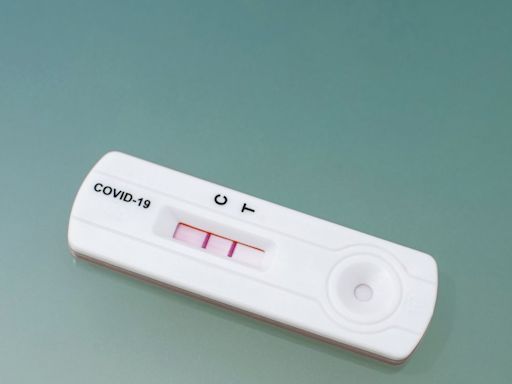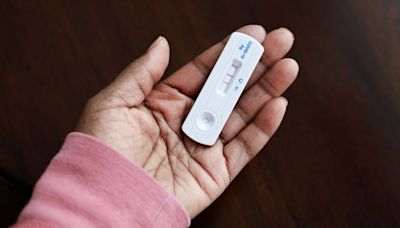Search results
Mar 5, 2024 · For the first time since 2021, the Centers for Disease Control and Prevention has updated its COVID isolation guidance. Specifically, it has shifted the recommendation that someone who tests positive for COVID isolate for five days to a timeline based on the progression of the person’s symptoms. The update is part of a larger strategy to ...
Mar 15, 2024 · New guidance from the CDC advises people to isolate until they have been fever-free and with symptoms improving for at least 24 hours, and then take precautions for five days, which covers...
Feb 15, 2023 · One 2021 review suggests that a person with COVID-19 is most contagious in the first week of illness. Therefore, they may be most contagious shortly before and shortly after symptoms appear.
Nov 5, 2020 · Key Takeaways. COVID-19 is primarily spread through the air. People with mild to moderate cases of COVID-19 are thought to be contagious for up to 10 days. People who test positive for COVID-19 or who have been in close contact with people who have COVID-19 should self-quarantine.
- www.health.com
- › …
- › Infectious Diseases
- › COVID-19
Sep 26, 2023 · Medically reviewed by. Soma Mandal, MD. When do you stop being contagious with COVID-19? Research has found that you are likely not contagious nine days after symptom onset. The Centers for...
The CDC now says the virus is no longer contagious 10 days after symptom onset, down from a previous 14 days. It’s also important to note that you should be fever-free for at least 24 hours (down from 3 days) and that your symptoms (if you had any) have improved before leaving isolation. So why did the guidelines change?
Jul 26, 2022 · Specifically, the CDC said that most SARS-CoV-2 transmission occurs early in the course of the illness, in the one to two days before the onset of symptoms and for two to three days...



